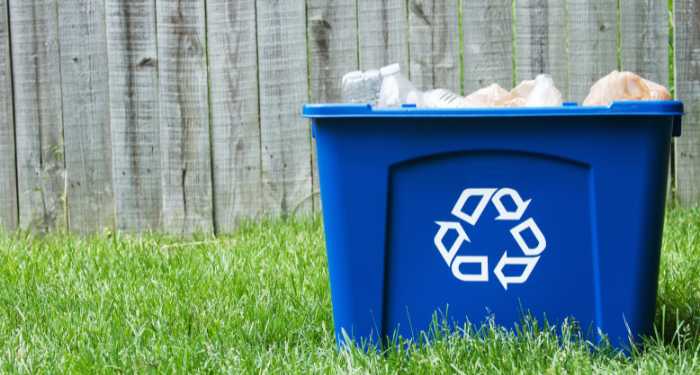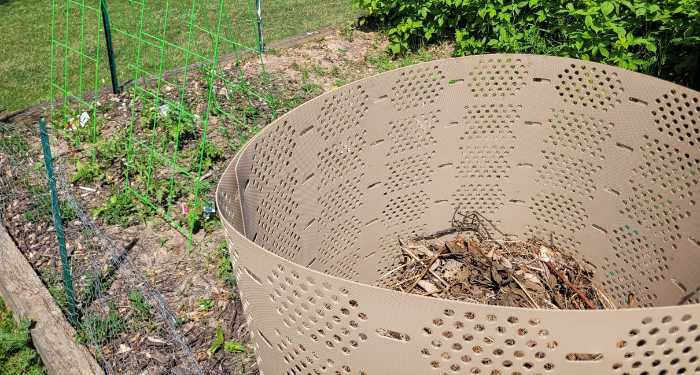Exploring Eco-Friendly Packaging: A Guide to Recyclable, Biodegradable, and Compostable Materials
Posted June 12, 2023Sustainability is becoming an increasingly important aspect of consumer choice, with eco-friendly options now preferred by many customers. According to a recent survey, 59% of consumers look for information on the recyclability or sustainability of the packaging on products they buy and 82% of respondents would be willing to pay more for sustainable packaging. This indicates the need for businesses to prioritize this aspect of their products.
However, with the advent of more eco-friendly packaging options comes potential confusion when it’s time to dispose of them. To help clear things up, let’s dive into the differences between recyclable, compostable, and biodegradable packaging.
RECYCLABLE
Recycling is the process of converting waste materials into new ones. Materials commonly recycled include plastic bottles, glass jars, aluminum cans, paper, and cardboard. Recycling can help preserve resources and prevent waste from reaching landfills.
Every city has its own recycling rules, so it’s always a good idea to check with your local municipality about what can be recycled. Contamination of recycling with food or non-recyclable items can lead to entire batches ending up in the landfill. For instance, pizza boxes can only be recycled if they are free of grease, cheese, or other food remnants.

BIODEGRADABLE
Biodegradable refers to substances that can decompose naturally without causing harm. Products like some types of plastics and packaging materials are labeled as biodegradable, as they can break down into natural elements such as carbon dioxide and water vapor through biological processes.
However, it’s important to note that the term “biodegradable” has limited oversight and regulation. Some products labeled as biodegradable require specific conditions to decompose effectively. If these items end up in landfills where these conditions aren’t met, their decomposition may result in harmful greenhouse gas emissions.
COMPOSTABLE

Composting is a microbial process that converts organic materials into a nutrient-rich, soil-like substance, allowing organic matter to return to the earth. While all compostable items are biodegradable, not all biodegradable items are compostable.
Compostable packaging can break down under certain conditions, but it’s important to understand where and how this can happen. Some compostable packaging materials, such as certain paper- or wood-based containers, can decompose in backyard composting systems. However, many compostable products are designed to break down in industrial composting facilities, which operate under high temperatures and controlled conditions to expedite the composting process.
Specific products like compostable plastics or compostable lined paper products may not fully decompose in backyard composting systems. These require the higher temperatures and controlled environments found in commercial composting facilities. So, before adding any compostable packaging to your home compost, check the product’s labeling or contact the manufacturer for guidance.
That being said, compostable packaging is a good alternative for food packaging, as food residues often contaminate recyclable containers. But remember, compostable packaging should never be put in a recycling bin as it can interfere with the recycling process.
Some municipalities offer commercial composting programs, and these are the best places to dispose of compostable packaging that can’t be composted at home. If such a program is available in your area, compostable trash bags can be an effective way to collect and store food and yard waste.
A SUSTAINABLE FUTURE: KNOWING THE DIFFERENCE
As we continue to make strides towards a more sustainable future, understanding the differences between recyclable, compostable, and biodegradable is crucial. We encourage you to research your local recycling and composting guidelines, and support businesses that prioritize sustainable packaging. Remember, every small step contributes to a larger impact on our planet’s health.

